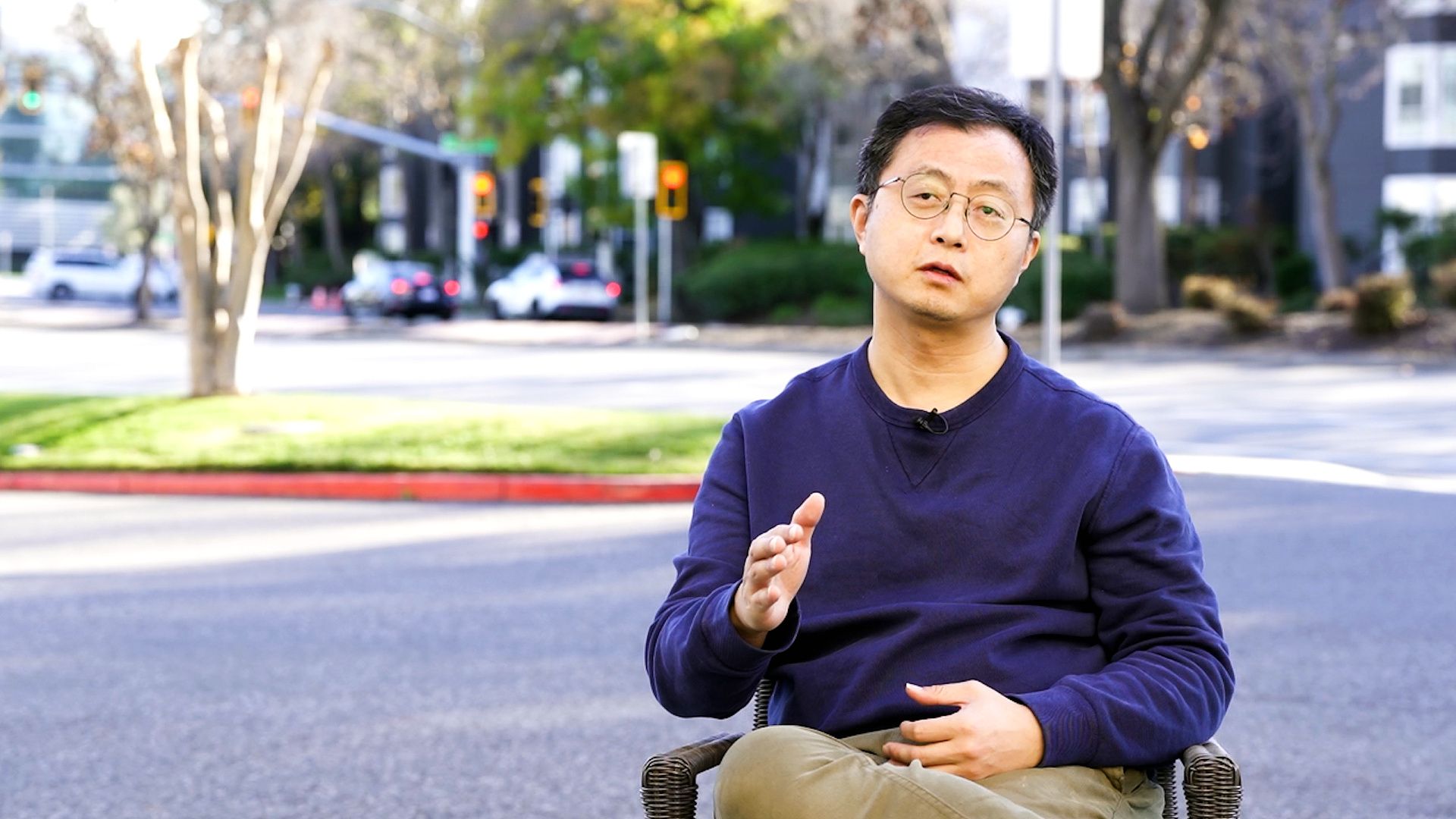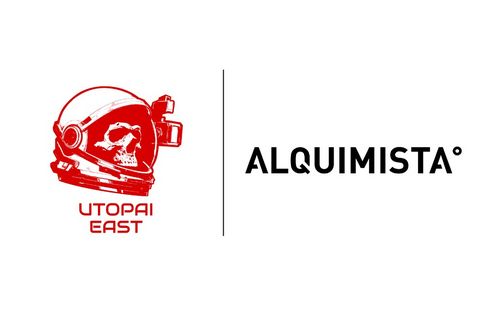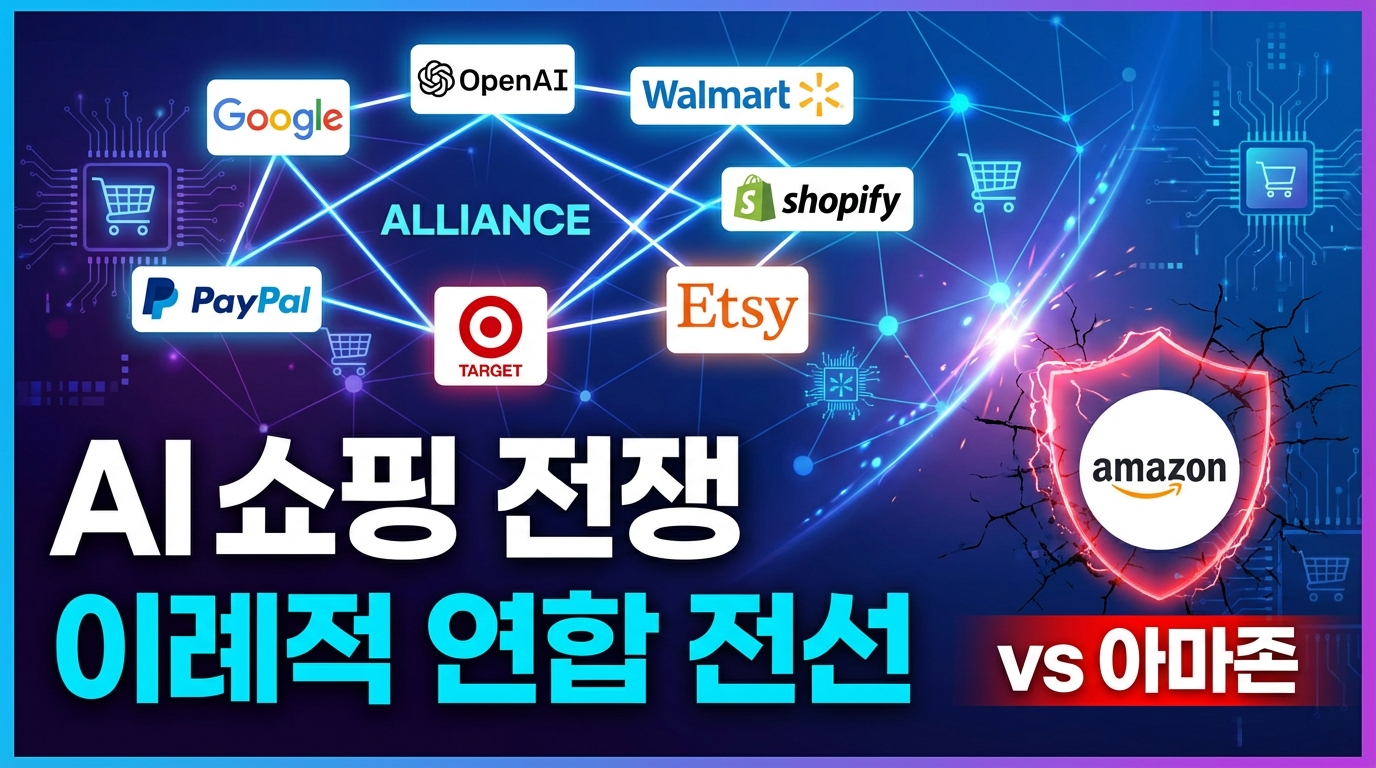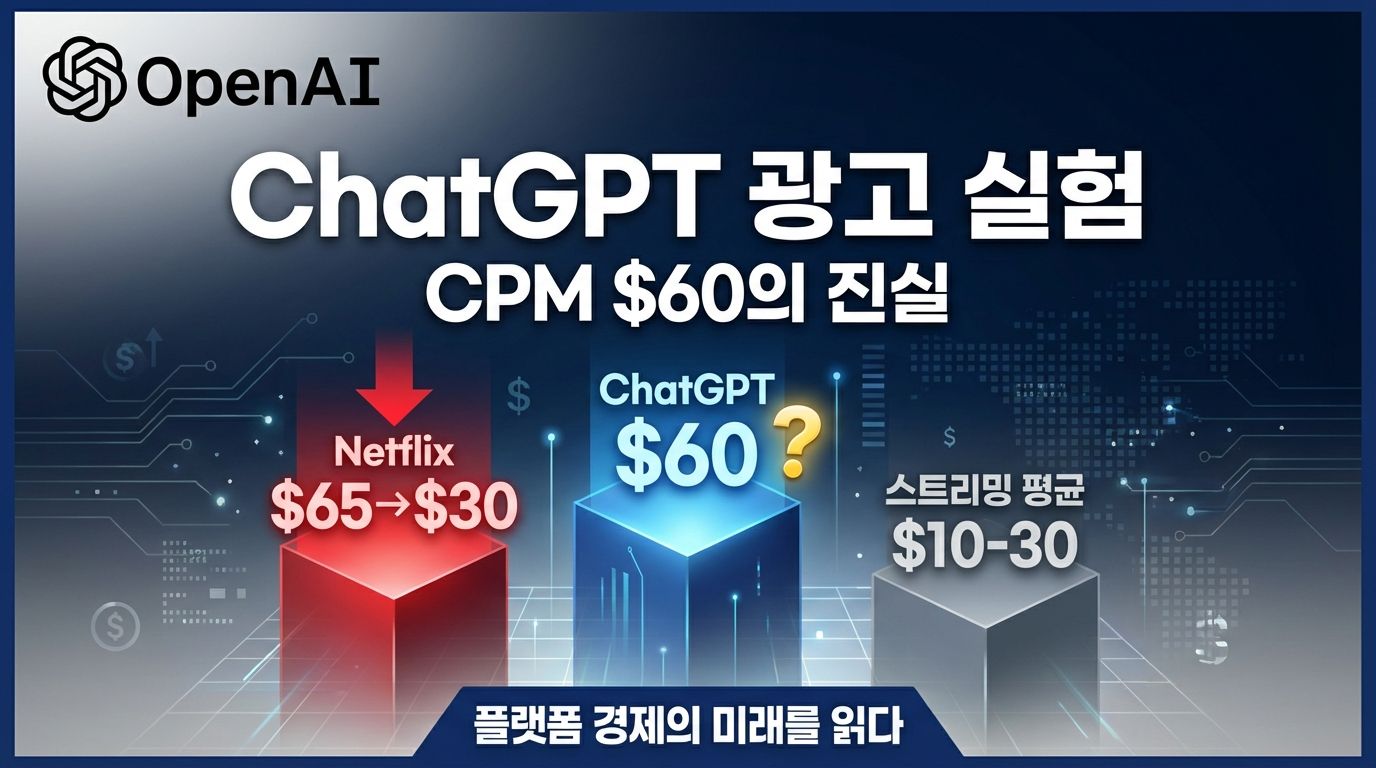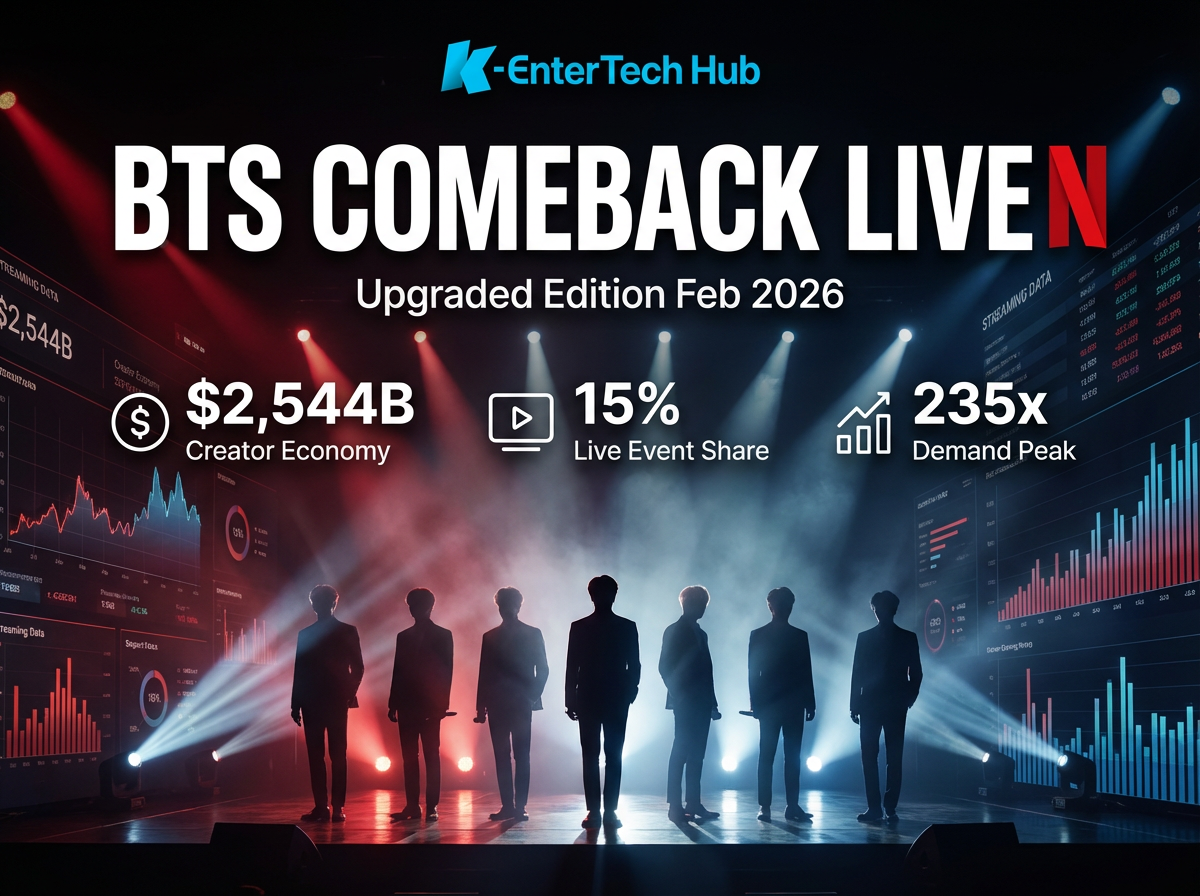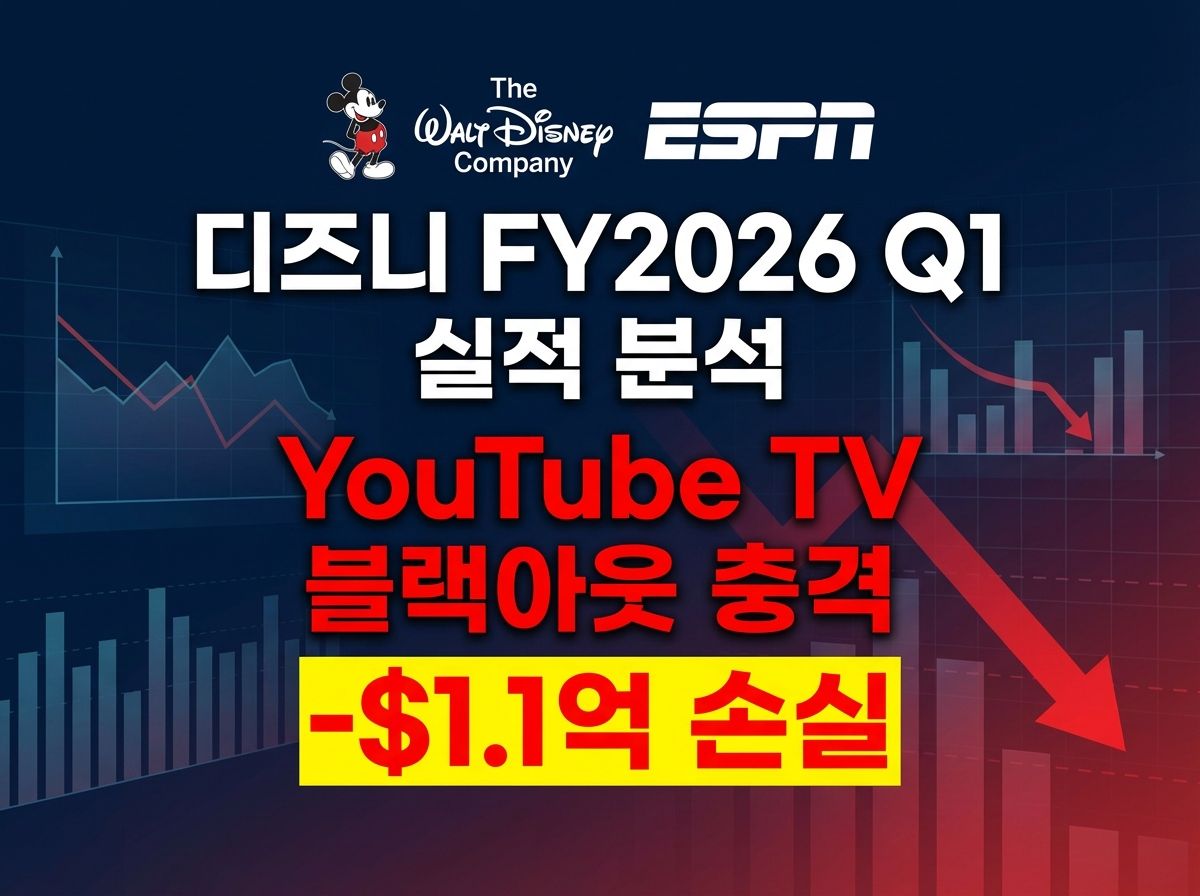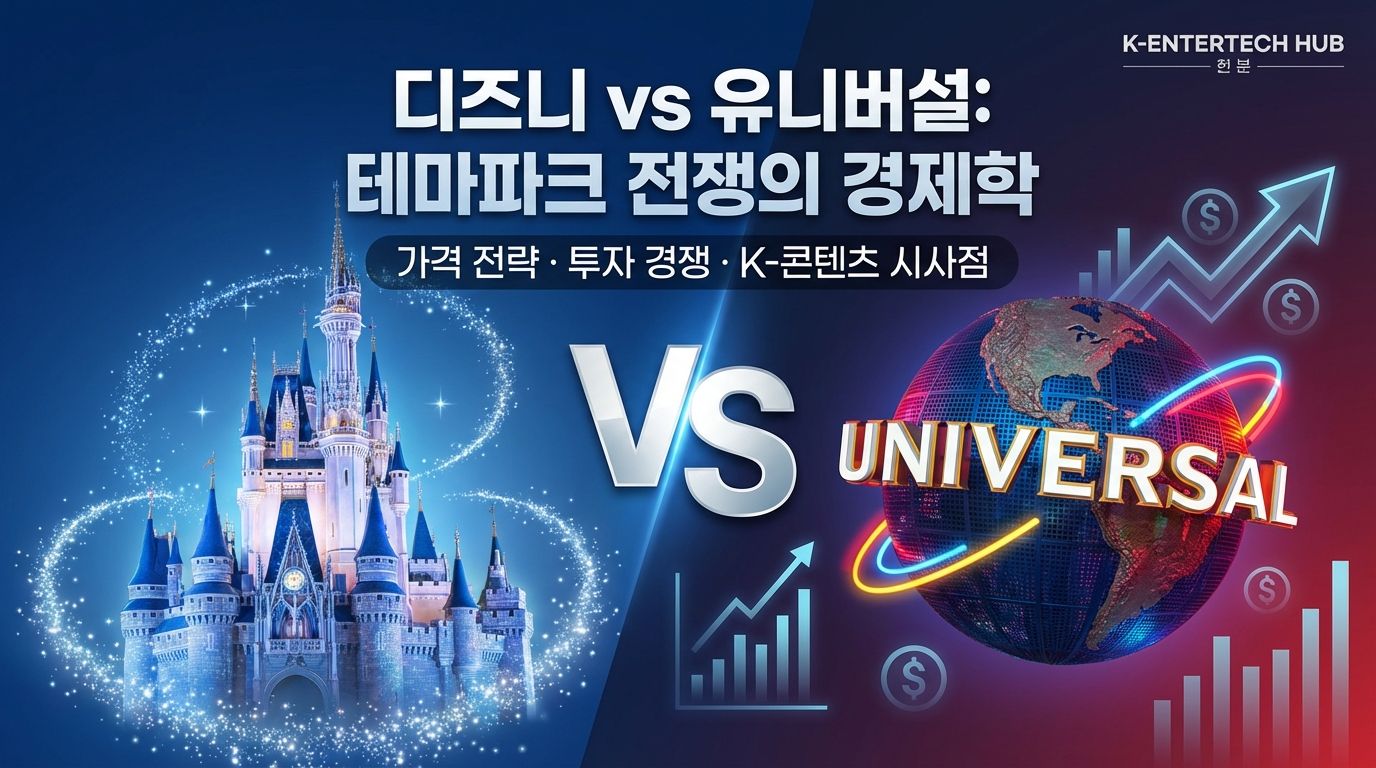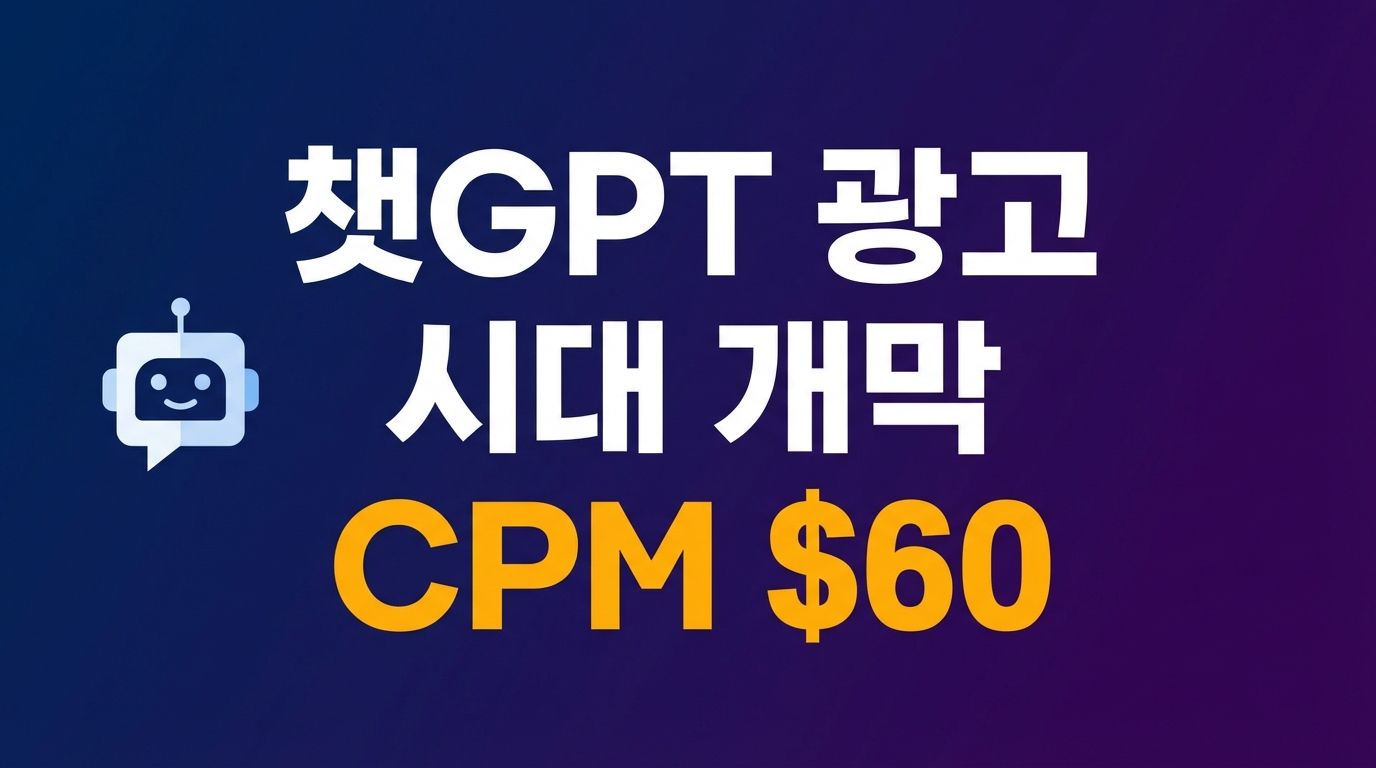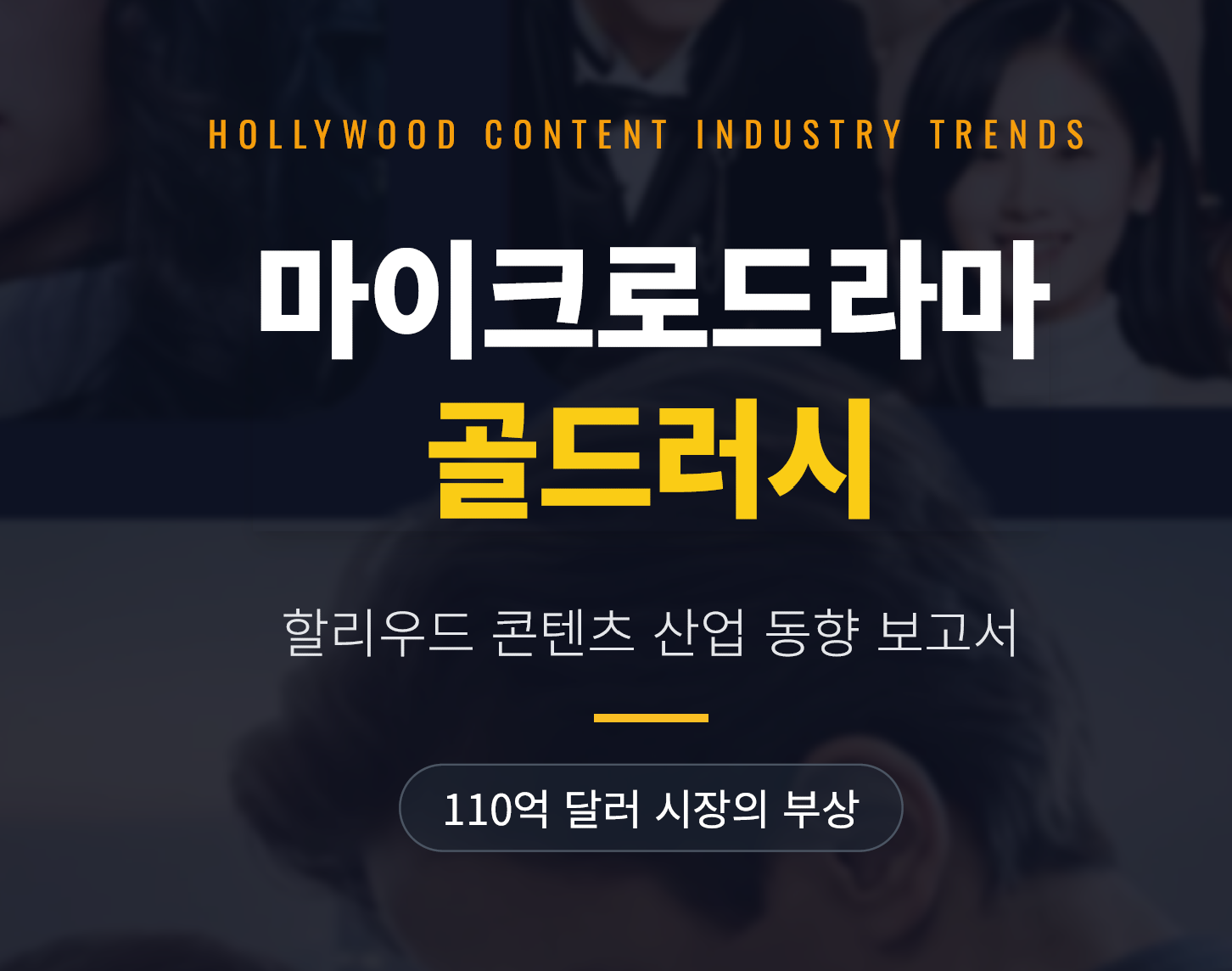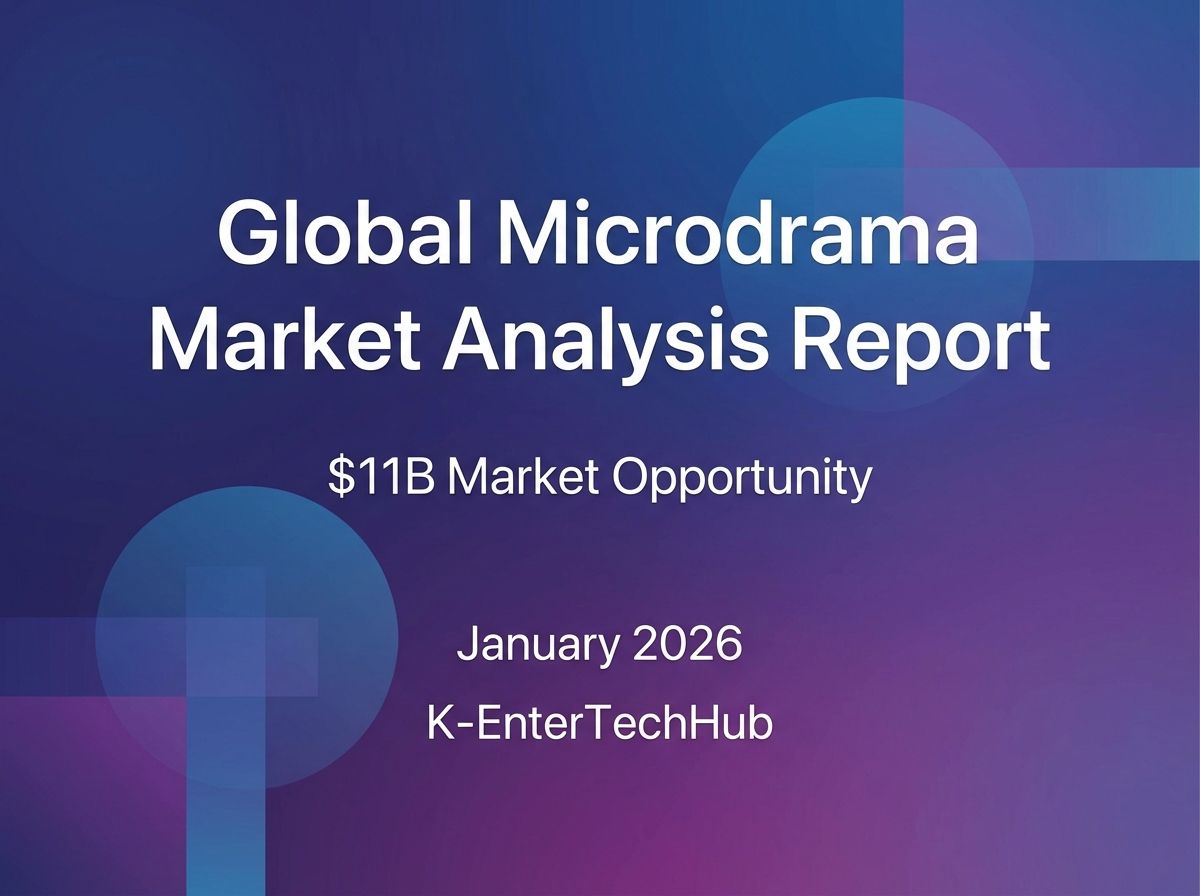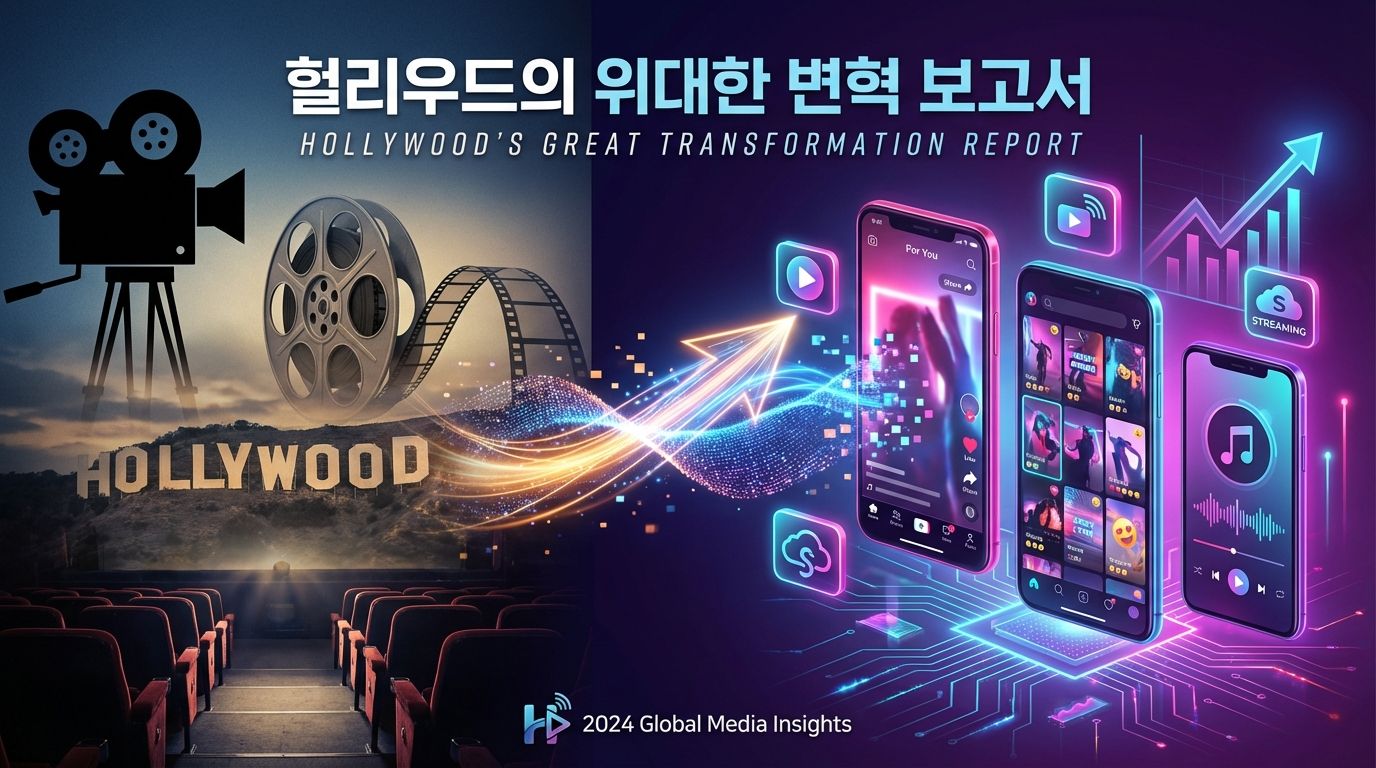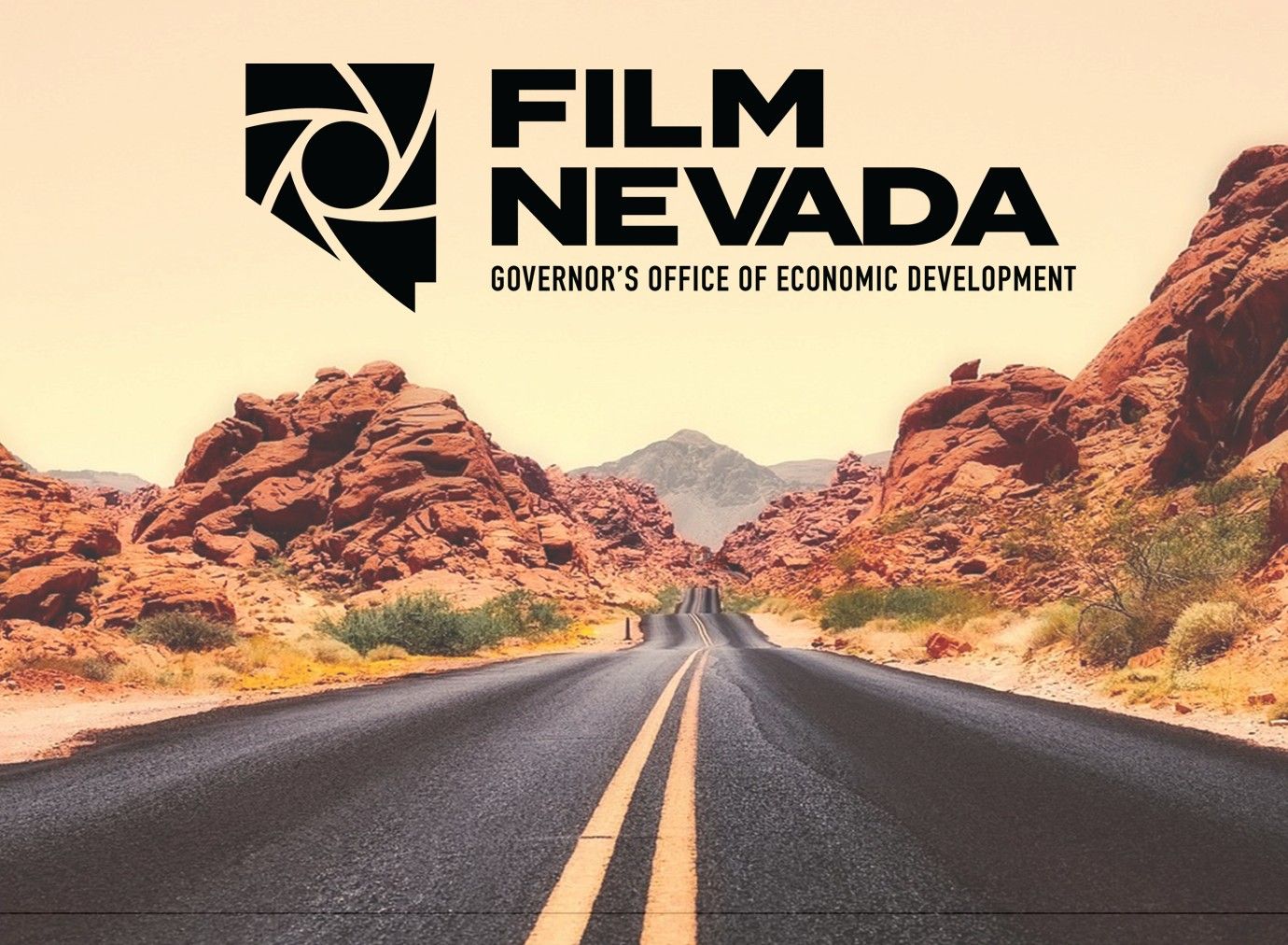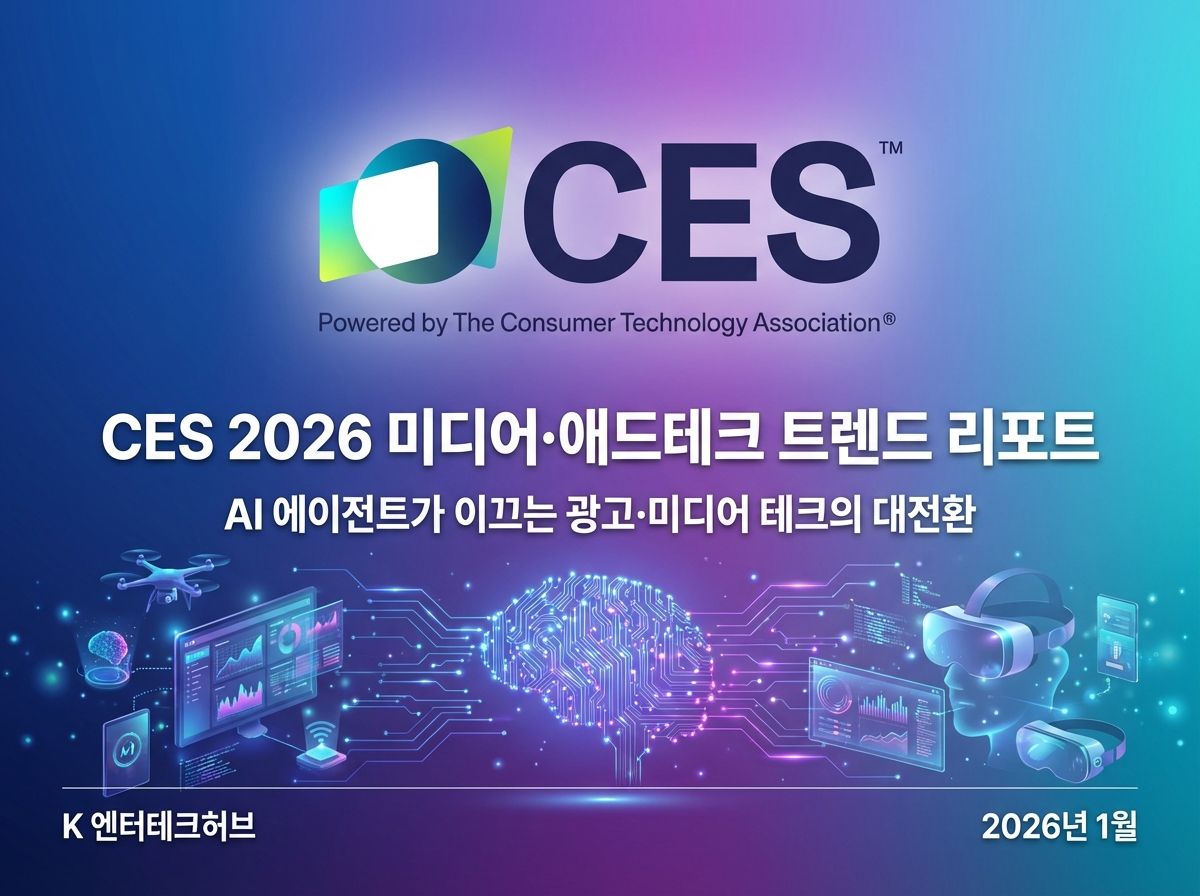미디어 업계 AI 혁명 속에서 뉴욕타임스가 보여주는 새로운 접근법과 한국 언론계의 대응
아마존과 연간 2,000만 달러 AI 라이선싱 계약, 구글 임원 영입 "주요 테크 플랫폼과 AI관련 협업 담당"
AI시대 승자는 테크 기업아닌 '테크를 통해 새로운 가치를 만드는 기업
인공지능(AI)이 미디어 생태계를 근본적으로 재편하는 가운데, 뉴욕타임스(The New York Times)가 업계의 새로운 생존 전략을 제시하며 주목받고 있다. 세계 최고 구독자를 보유한 신문사 중 하나인 뉴욕타임스는 최근 아마존과 연간 2,000만-2,5000만 달러 규모의 파격적인 콘텐츠 라이선스 계약을 체결했으며, 동시에 구글의 전 AI 파트너십 책임자를 영입해 플랫폼 관계 관리 조직을 대폭 강화했다고 발표했다. 이는 단순한 비즈니스 거래를 넘어 AI 시대 미디어 기업의 새로운 패러다임을 제시하는 전략적 움직임으로 해석된다.
The New York Times' AI Strategy Revolution: $20 Million Annual Amazon Deal and Google Executive Hire
World's Leading Newspaper Charts New Course for Media Survival in AI Era
Dual-Track Strategy Combines Legal Battles with Business Partnerships
Korean Media Industry Urged to Move Beyond Passive Response to Active Negotiation
As artificial intelligence fundamentally reshapes the media ecosystem, The New York Times is capturing global attention by presenting a new survival strategy for the industry. The world's most authoritative newspaper recently signed a groundbreaking content licensing deal worth $20-25 million annually with Amazon while simultaneously hiring Google's former AI partnerships chief to significantly strengthen its platform relationship management organization. This move represents more than a simple business transaction—it signals a strategic paradigm shift for media companies in the AI era.
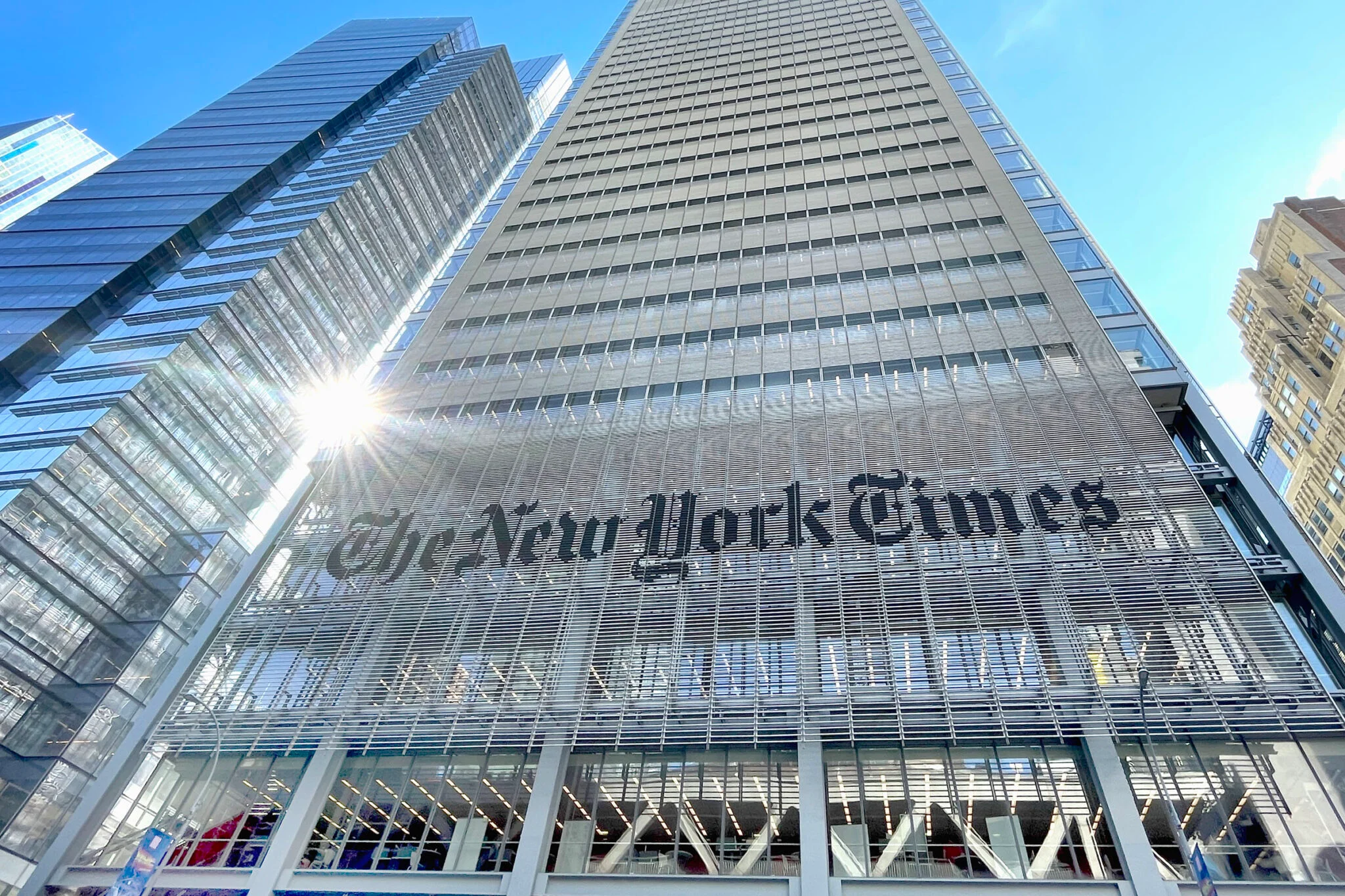
아마존과의 파격적 계약: 미디어 콘텐츠 가치 재평가의 신호탄
월스트리트저널이 독점 보도한 바에 따르면, 뉴욕타임스와 아마존 간의 다년간 라이선스 계약은 연간 2천만-2천5백만 달러 규모로, 이는 뉴욕타임스 2024년 전체 매출의 거의 1%에 해당하는 상당한 금액이다. 이번 계약을 통해 아마존은 뉴욕타임스의 뉴스 섹션, 요리 콘텐츠, 그리고 최근 인수한 스포츠 전문 매체 더 애슬레틱(The Athletic)의 광범위한 콘텐츠를 AI 모델 훈련에 사용할 수 있는 권한을 획득했다. 또 알렉사를 포함한 아마존의 각종 서비스와 제품에서 뉴욕타임스 콘텐츠의 요약본과 짧은 발췌문을 제공할 수 있게 됐다.
이는 뉴욕타임스로서는 첫 번째 AI 관련 라이선스 계약이며, 아마존으로서도 출판사와 맺은 첫 번째 이런 유형의 계약이다. 특히 주목할 점은 뉴욕타임스가 현재 OpenAI와 그 최대 투자자인 마이크로소프트를 대규모 언어모델 훈련을 위한 무단 콘텐츠 사용을 이유로 저작권 침해 혐의로 고소하고 있는 상황에서 이루어진 계약이라는 사실이다. 이는 뉴욕타임스가 법정 다투음과 비즈니스 파트너십을 동시에 추진하는 정교한 투트랙 전략을 구사하고 있음을 보여준다.
메레디스 코핏 레비엔(Meredith Kopit Levien) 뉴욕타임스 최고경영자는 5월 계약 발표 당시 직원들에게 보낸 메모에서 "이번 거래는 고품질 저널리즘은 그에 상응하는 대가를 받을 가치가 있다는 우리의 오랜 원칙과 일치한다"고 밝혔다.
Amazon's Landmark Deal: A New Valuation Signal for Media Content
According to exclusive reporting by The Wall Street Journal, the multi-year licensing agreement between The New York Times and Amazon is worth $20-25 million annually, representing nearly 1% of The Times' total 2024 revenue—a substantial sum by any measure. Through this contract, Amazon gains access to use content from The Times' news sections, cooking content, and The Athletic, its recently acquired sports publication, for AI model training. Additionally, Amazon can provide summaries and short excerpts of Times content across its various services and products, including Alexa.
This marks The Times' first AI-related licensing deal and Amazon's first such agreement with a publisher. Particularly noteworthy is that this contract was signed while The Times is currently suing OpenAI and its largest investor Microsoft for copyright infringement over unauthorized use of content to train large language models. This demonstrates The Times' sophisticated dual-track strategy of pursuing legal action while simultaneously engaging in business partnerships.
"This deal is consistent with our long-held principle that high-quality journalism is worth paying for," Times CEO Meredith Kopit Levien said in a staff memo when the arrangement was announced in May.
AI 업계의 콘텐츠 라이선스 경쟁 가속화
뉴욕타임스의 아마존 거래는 더 큰 업계 트렌드의 일부다. AI테크 미디어와 거래를 시작하는 뉴스 미디어는 뉴욕타임스 뿐만 아니다.
Accelerating Content Licensing Competition in AI Industry
The Times' Amazon deal is part of a broader industry trend. OpenAI has already signed licensing agreements with several publishers, including a deal with Wall Street Journal parent News Corp that could be worth more than $250 million over five years. The company also has a three-year pact with Business Insider and Politico owner Axel Springer worth at least $25-30 million.
챗GPT의 오픈AI(OpenAI)는 이미 여러 뉴스 미디어들과 라이선스 계약을 체결했으며, 월스트리트저널의 모회사인 뉴스코프(News Corp)와는 5년간 2억5,000만 달러 이상 규모의 거래를 성사시켰다. 또 비즈니스 인사이더와 폴리티코를 소유한 악셀 스프링어(Axel Springer)와는 3년간 최소 2,500만-3,000만 달러 규모의 계약을 맺었다.

